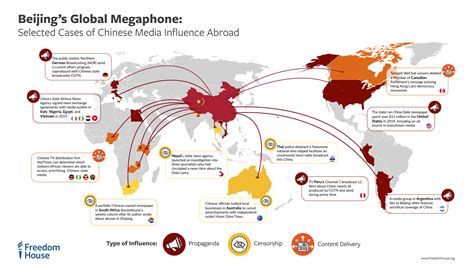
Introduction
In today’s uncertain world, having insurance is crucial to protect ourselves and our assets. Insurance policies provide financial coverage and peace of mind in the event of unexpected incidents. In this article, we will explore the various types of insurance policies available in 2023 and their importance in our lives.
1. Health Insurance
Health insurance is essential to cover medical expenses and ensure access to quality healthcare. It offers financial protection against medical emergencies, hospitalization, and other healthcare services. In 2023, health insurance policies have become more comprehensive, covering a wide range of treatments and preventive care measures.
2. Auto Insurance
Auto insurance protects vehicle owners against financial losses due to accidents, theft, or damage. In 2023, auto insurance policies have evolved to include additional features like roadside assistance, coverage for rental cars, and protection against natural disasters.
3. Home Insurance
Home insurance safeguards homeowners against property damage, theft, and liability. In 2023, home insurance policies have expanded to cover unexpected events such as natural disasters, cyber attacks, and even pandemic-related losses. It is essential to review your policy regularly to ensure adequate coverage.
4. Life Insurance
Life insurance offers financial protection to your loved ones in the event of your death. It provides a lump sum payment or regular income to beneficiaries. In 2023, life insurance policies have become more flexible, with options like term life, whole life, and universal life insurance, catering to different needs and budgets.
5. Travel Insurance
Travel insurance is crucial for covering unexpected expenses during trips, such as medical emergencies, trip cancellations, or lost luggage. In 2023, travel insurance policies have adapted to include coverage for pandemic-related issues, like trip interruptions due to lockdowns or medical expenses related to COVID-19.
6. Pet Insurance
Pet insurance helps cover veterinary bills and other expenses related to your furry friends’ health. In 2023, pet insurance policies have expanded to include coverage for pre-existing conditions, alternative therapies, and even behavioral training.
7. Business Insurance
Business insurance protects entrepreneurs from financial losses due to unforeseen events like property damage, lawsuits, or business interruptions. In 2023, business insurance policies have evolved to include cyber liability coverage, data breach protection, and coverage for remote work-related risks.
8. Disability Insurance
Disability insurance provides income replacement if you become unable to work due to an illness or injury. In 2023, disability insurance policies have become more inclusive, covering a broader range of disabilities and offering more comprehensive benefits.
9. Umbrella Insurance
Umbrella insurance offers additional liability coverage beyond the limits of other insurance policies you have. In 2023, umbrella insurance policies have become more affordable and customizable, providing increased protection against unexpected lawsuits and claims.
10. Long-Term Care Insurance
Long-term care insurance covers the costs of nursing homes, assisted living, or in-home care for elderly or disabled individuals. In 2023, long-term care insurance policies have adapted to offer more flexible options, such as hybrid policies combining life insurance and long-term care coverage.
Conclusion
Insurance policies are essential in today’s world to protect ourselves, our loved ones, and our valuable assets. In 2023, insurance policies have evolved to meet the changing needs of individuals and businesses. Understanding the different types of insurance available and reviewing your policies regularly can ensure you have the right coverage for any unexpected events.


